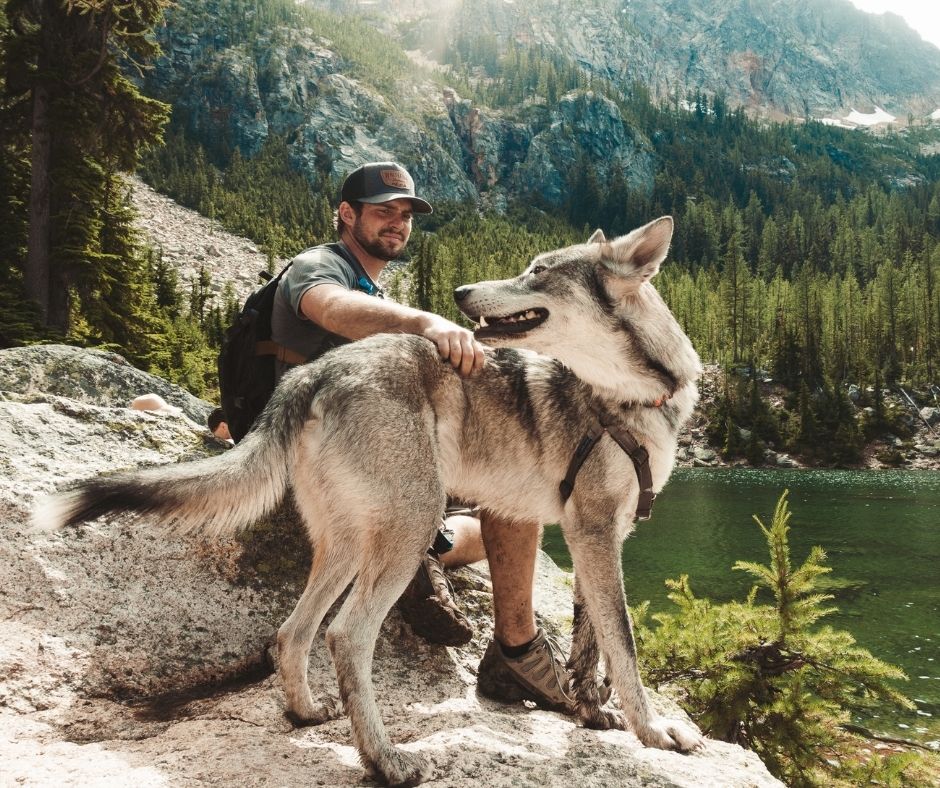
I. Introduction
The captivating allure of wolves has long held a place in human imagination, their enigmatic presence stirring a sense of both awe and trepidation. Often portrayed as symbols of wildness, freedom, and primal instincts, wolves have captivated us with their complex social structures, hunting prowess, and enduring mystique. However, the question of whether or not wolves can be kept as pets remains a contentious issue, sparking debates that intertwine legal considerations, ethical dilemmas, and the very nature of wolfhood itself.
II. Understanding the Nature of Wolves
Before delving into the complexities of wolf ownership, it is crucial to acknowledge the inherent wildness of these creatures. Wolves are apex predators, at the pinnacle of their ecosystems, and their natural behaviors reflect this position. They are pack animals, with intricate social hierarchies and strong bonds within their groups. Their instincts drive them to hunt, defend their territories, and maintain their social structures.
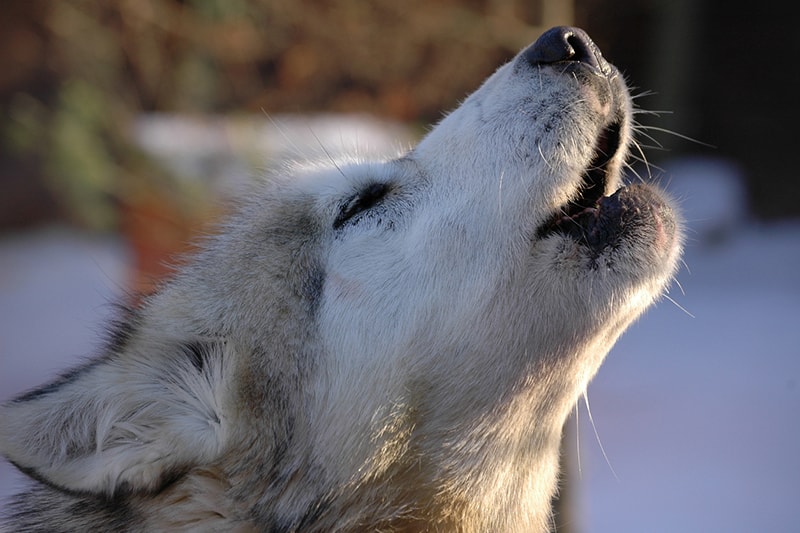
A. Wild by Nature: Wolves as Apex Predators and Pack Animals
Wolves are not solitary creatures; they thrive in tightly knit packs, typically consisting of 5-12 individuals. These packs exhibit a remarkable level of cooperation, coordinating hunting strategies, defending their territories, and raising pups together. Wolves are opportunistic hunters, preying on a variety of prey, including ungulates, rodents, and even smaller predators. Their hunting success is crucial for maintaining their pack’s survival.
B. Instinctive Behaviors: Hunting, Territoriality, and Social Dynamics
Wolves are highly territorial animals, fiercely defending their home ranges from other packs. This territoriality is essential for ensuring access to resources and protecting their pups. Their social interactions are complex and nuanced, involving vocalizations, body language, and scent marking. Wolves communicate with each other through a variety of vocalizations, including howls, growls, and whines, conveying information about their whereabouts, status, and emotions.
C. The Challenges of Domestication: Wolves vs. Dogs
While wolves share a common ancestor with domesticated dogs, centuries of selective breeding have transformed dogs into companions adapted to human environments. Wolves, on the other hand, retain their wild instincts and behaviors, making them ill-suited for domestication. Their predatory nature, territoriality, and strong social bonds pose significant challenges for those considering wolf ownership.
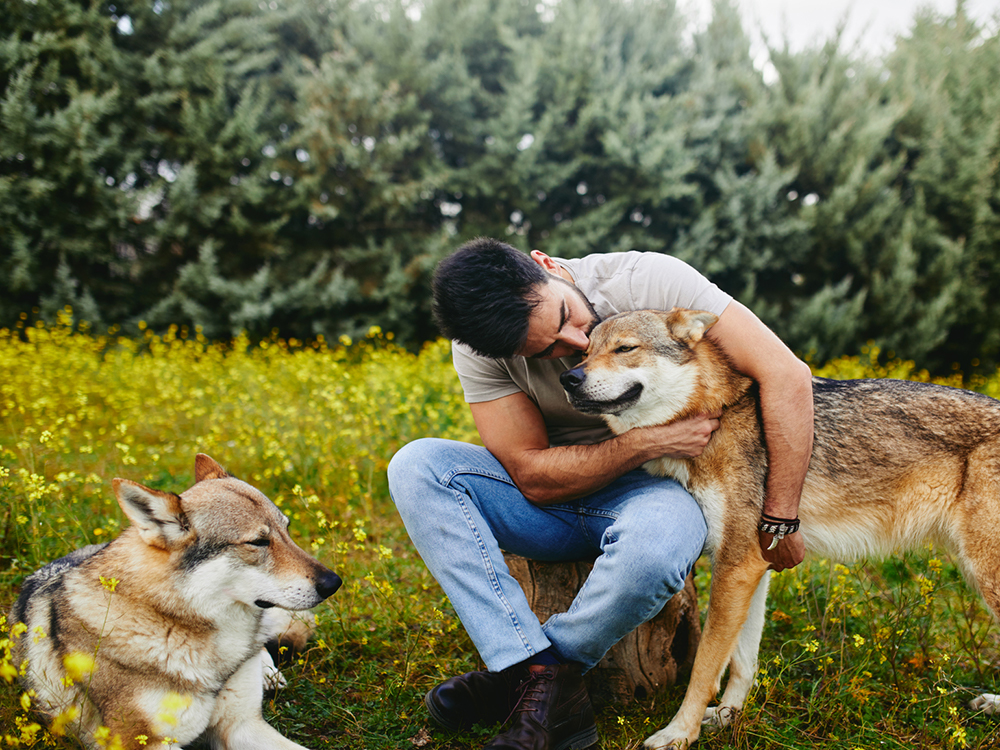
III. Legality and Regulations
The legality of owning a wolf varies widely across regions, with some countries and states completely prohibiting it, while others allow it under strict regulations. Obtaining the necessary permits and licenses is essential for those considering wolf ownership. However, even in areas where it is legal, the ethical implications of keeping a wild animal in captivity must be carefully considered.
A. Varying Laws: The Legal Status of Wolf Ownership Across Regions
In the United States, the federal Endangered Species Act (ESA) classifies wolves as endangered or threatened in certain regions, making it illegal to possess them without a permit. However, some states allow private ownership of wolves under state-specific regulations. These regulations often require extensive documentation, specialized facilities, and ongoing monitoring.
B. Permit Requirements: Obtaining Necessary Licenses and Permits
Obtaining the necessary permits and licenses for wolf ownership can be a complex and lengthy process. Applicants must typically submit detailed plans for housing, care, and training, undergo background checks, and demonstrate their ability to provide for the animal’s well-being. These requirements are designed to ensure that wolves are kept in safe and humane conditions.
C. Ethical Considerations: Respecting Wildlife and Animal Welfare
The ethical implications of keeping a wild animal in captivity extend beyond legal considerations. Wolves are not domesticated animals, and their natural instincts may not align with the expectations of pet ownership. Confining them to an artificial environment can raise concerns about their psychological well-being and ability to express their natural behaviors.
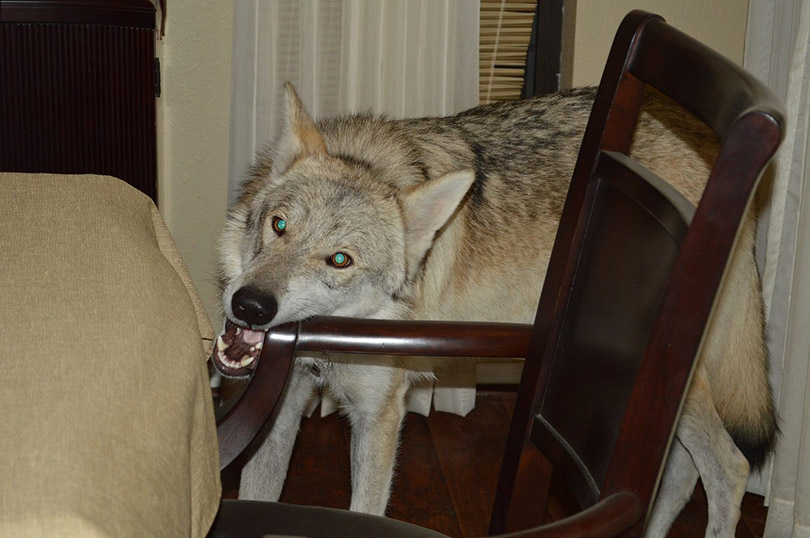
IV. Suitability as Pets
The suitability of wolves as pets is a complex issue that requires careful consideration of their unique needs and the challenges they pose. Providing adequate living conditions, addressing behavioral challenges, and ensuring specialized care are essential aspects of wolf ownership.
A. Space Requirements: Providing Adequate Living Conditions for Wolves
Wolves require significant space to roam and express their natural behaviors. A confined enclosure may not be sufficient to meet their physical and psychological needs. In the wild, wolves can range over vast territories, covering tens of square miles. Replicating this freedom in a captive setting is a significant challenge.
B. Training and Socialization: Addressing Behavioral Challenges
Training and socializing wolves can be challenging due to their strong instincts and inherent wildness. While some wolves may exhibit a degree of trainability, their natural behaviors, such as hunting and territoriality, may not align with the expectations of pet ownership. Early socialization with humans and other animals is crucial to reduce potential aggression and fear.
C. Specialized Care: Veterinary Expertise and Nutritional Needs
Wolves require specialized veterinary care and a diet that caters to their specific nutritional needs. Finding veterinarians experienced in treating wolves can be difficult, and their specialized diets often differ significantly from those of domesticated dogs.
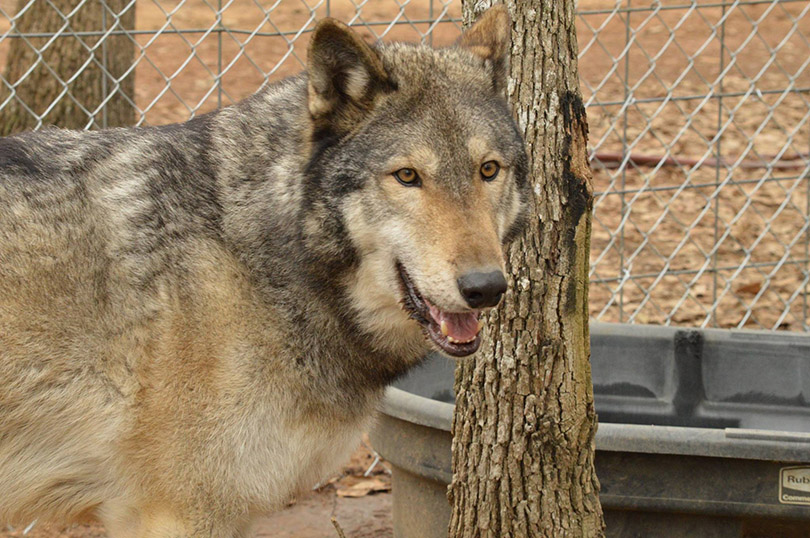
V. Potential Risks and Safety Concerns
The inherent wildness of wolves presents potential risks and safety concerns that must be carefully considered. Their predatory instincts, escape potential, and the public’s perception of wolves all contribute to the complexities of wolf ownership.
A. Predatory Instincts: Potential Threat to Humans and Other Animals
Wolves retain their natural predatory instincts, even when raised in captivity. These instincts can pose a threat to humans, livestock, and other pets. Owning a wolf requires a significant level of responsibility and the ability to ensure the safety of both the animal and others around it.
B. Escape Potential: Ensuring Secure Enclosures and Preventative Measures
Wolves are skilled diggers and adept climbers, making escape from enclosures a major concern. Constructing secure enclosures with proper fencing and escape-proof measures is essential. Regular monitoring and vigilance are crucial to prevent escapes and potential dangers.
C. Public Safety: Addressing Fears and Misconceptions
The public often perceives wolves as dangerous predators, and their presence in residential areas can raise concerns. Responsible wolf ownership requires addressing these fears and misconceptions through education and responsible practices.
VI. Alternatives to Wolf Ownership
For those drawn to the beauty and intrigue of wolves, several alternatives to wolf ownership can offer a more fulfilling and ethical experience.
A. Wolf Sanctuaries and Education Centers: Observing Wolves in Their Natural Setting
Supporting wolf sanctuaries and education centers is a fantastic way to learn about wolves, their behavior, and conservation efforts. These sanctuaries provide a safe haven for rescued and injured wolves, allowing visitors to observe them in a natural setting.
B. Wolf-Dog Hybrids: Exploring a Potential Alternative with Caution
Owning wolf-dog hybrids is sometimes considered an alternative, but it’s important to approach this option with caution. These hybrids can inherit unpredictable behavior from their wild ancestors, and responsible ownership practices are essential. Extensive research and consultation with experts are crucial before considering a wolf-dog hybrid.
C. Domesticated Animals: Choosing Pets Compatible with Your Lifestyle
There are many domesticated dog breeds that exhibit some of the characteristics people find appealing in wolves, such as loyalty, intelligence, and a love for open spaces. Choosing a domesticated dog breed compatible with your lifestyle can provide a rewarding companionship experience without the challenges of wolf ownership.
VII. Responsible Pet Ownership
For those who remain determined to explore wolf ownership, a commitment to responsible pet ownership is paramount. Thorough research, dedication, and a deep understanding of wolf behavior are essential elements of providing proper care.
A. Thorough Research: Understanding the Commitments of Wolf Ownership
Extensive research is the cornerstone of responsible wolf ownership. Understanding the wolf’s complex needs, behavioral challenges, and legal requirements is crucial before making a decision. Consulting with experts experienced in wolf care and education is highly recommended.
B. Dedication and Patience: Providing Wolves with the Care They Deserve
Wolves require a significant amount of time, dedication, and patience from their owners. They have specific needs for exercise, socialization, and mental stimulation that must be consistently met. Owning a wolf is a lifelong commitment, not a casual decision.
C. Prioritizing Animal Welfare: Ensuring Ethical and Humane Treatment
The well-being of the wolf must always be the top priority. This means providing them with an environment that allows them to express their natural behaviors to the greatest extent possible, ensuring their physical and psychological needs are met, and treating them with respect and compassion.
VIII. Conclusion
While the allure of wolves as pets is undeniable, their wild nature makes them unsuitable companions for most. Respecting their place as apex predators and the challenges of domestication is crucial. By seeking alternative ways to connect with these fascinating creatures, such as supporting conservation efforts or visiting sanctuaries, we can appreciate wolves while ensuring their survival in the wild.
IX. Additional Resources
- Organizations dedicated to wolf conservation and education: Include links to reputable organizations like Yellowstone National Park Wolf Project or The Wolf Conservation Trust.
- Information on wolf behavior, care, and legislation: Include links to resources offered by veterinary associations, animal welfare organizations, and wildlife management agencies.
- Support groups for responsible pet ownership: Include links to organizations promoting ethical animal care and responsible pet ownership practices.
X. Disclaimer
This blog post is for informational purposes only. Consult with experts before considering wolf ownership. Prioritize animal welfare and respect wildlife conservation for the well-being of both humans and wolves.